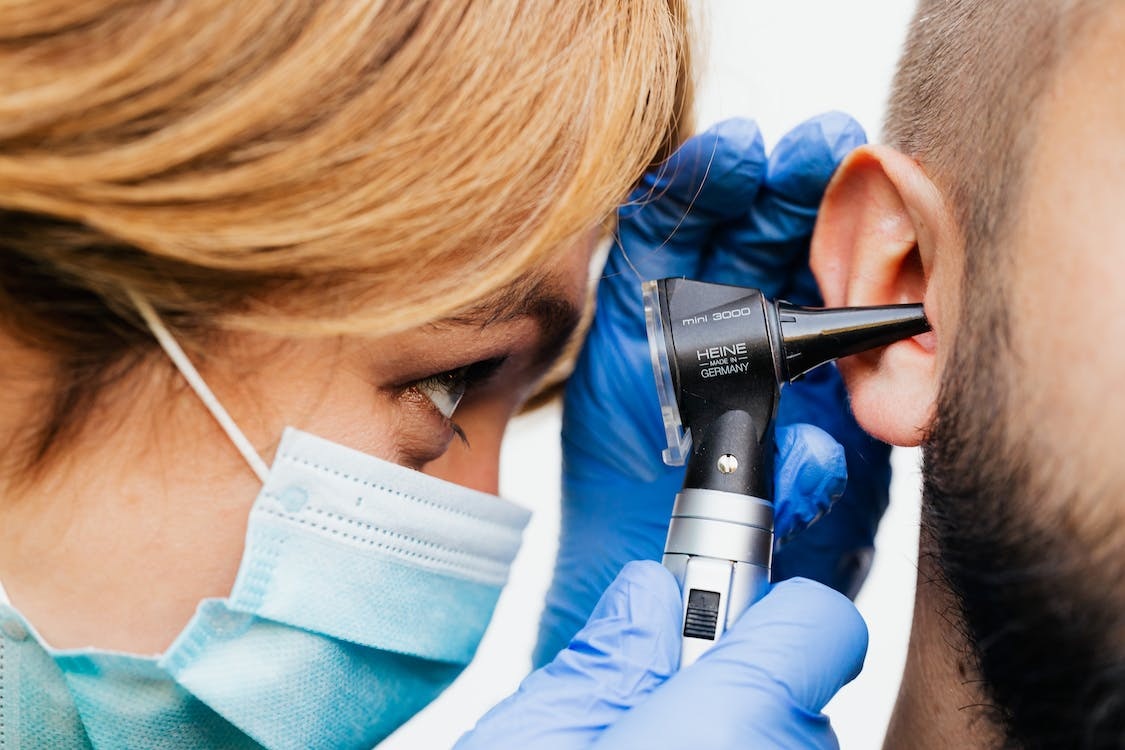When you get fit for a hearing-aid from Boulder Medical Center, you’re getting the best of care. Dr. Paddack and Dr. Hunter are otolaryngologists (also known as ENT doctors), expert ear doctors and surgeons trained and licensed to evaluate and treat the breadth of ear diseases and types hearing loss. Dr. Lang and Dr. Belin, are our licensed audiologists. Unlike “hearing-aid technicians” commonly employed at most hearing-aid vendors, Dr. Lang and Dr. Belin have doctoral degrees in audiology (Au.D.) and have undergone more than 1000 hours of clinical training.
Why is this important? Read what Consumer Reports* has to say about selecting a hearing-aid provider:
- “If you’re a veteran, determine whether you’re eligible to get hearing aids at a Veterans Affairs facility. For everyone else, go to a medical office headed by an otolaryngologist who employs an audiologist.”
- “About one in five survey respondents got their hearing aids from a doctor’s office. They gave those providers higher marks on their thoroughness in evaluating hearing loss than did respondents who went to other types of providers. Another plus: An ear doctor can rule out medical conditions such as a tumor or bacterial infection that might be affecting your hearing. They can also clear your ears of wax so you’re ready for your hearing test.”
- “The professionals you might encounter at independent hearing-aid providers could fall into two categories:Audiologists or hearing-aid specialists (also called hearing-instrument specialists). Both types of professionals can evaluate your hearing and fit your hearing aids. But their training varies significantly. Audiologists must have a doctoral degree (Au.D.), and more than 1,000 hours of clinical training. Hearing-aid specialists generally have six months to two years of supervised training or a two-year college degree.“
- At independent hearing aid providers, “you might not know when you walk in the door which professional you’re dealing with. Our survey respondents had a difficult time even making distinctions; 87 percent said they’d visited audiologists, though many had gone to vendors known in the industry to be staffed primarily with hearing-aid specialists.” “Audiologists made fewer serious fitting errors than did hearing-aid specialists…”
- “Does it matter? Audiologists have broader training and, unlike hearing-aid specialists, can treat auditory conditions that might be better addressed without hearing aids, such as balance problems.”
Mark Hunter, MD, MBA, Otolaryngologist, Boulder Medical Center

